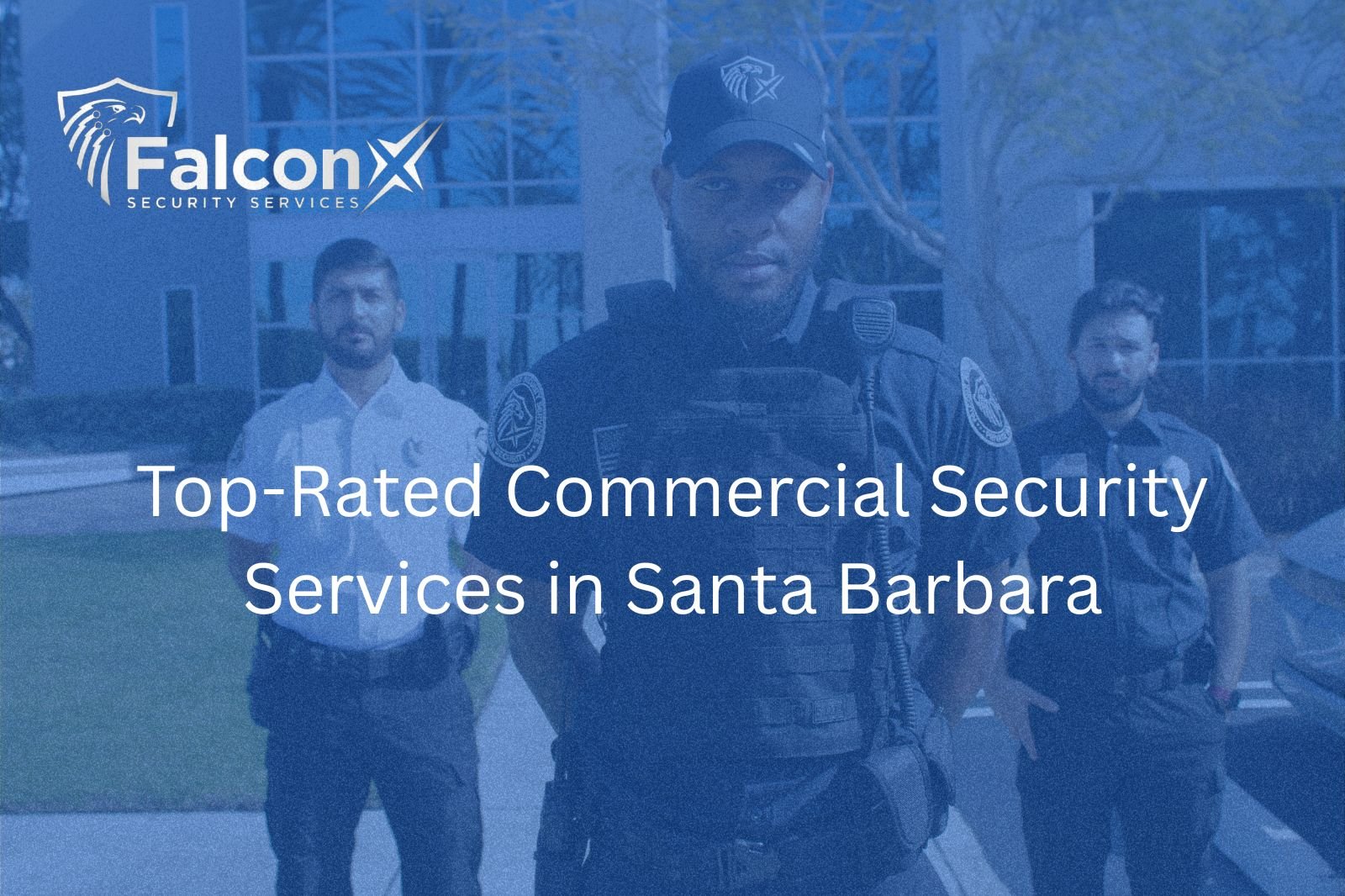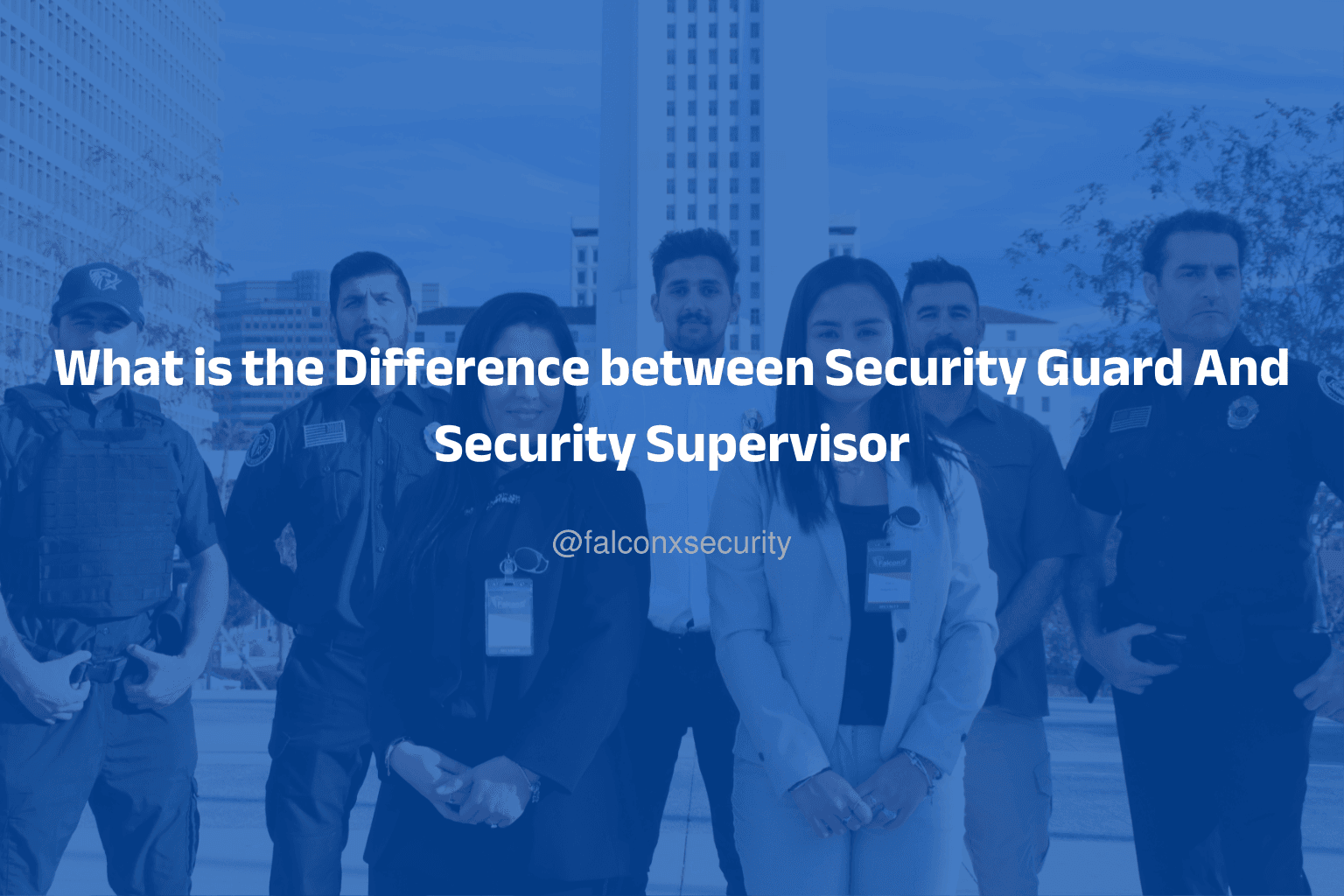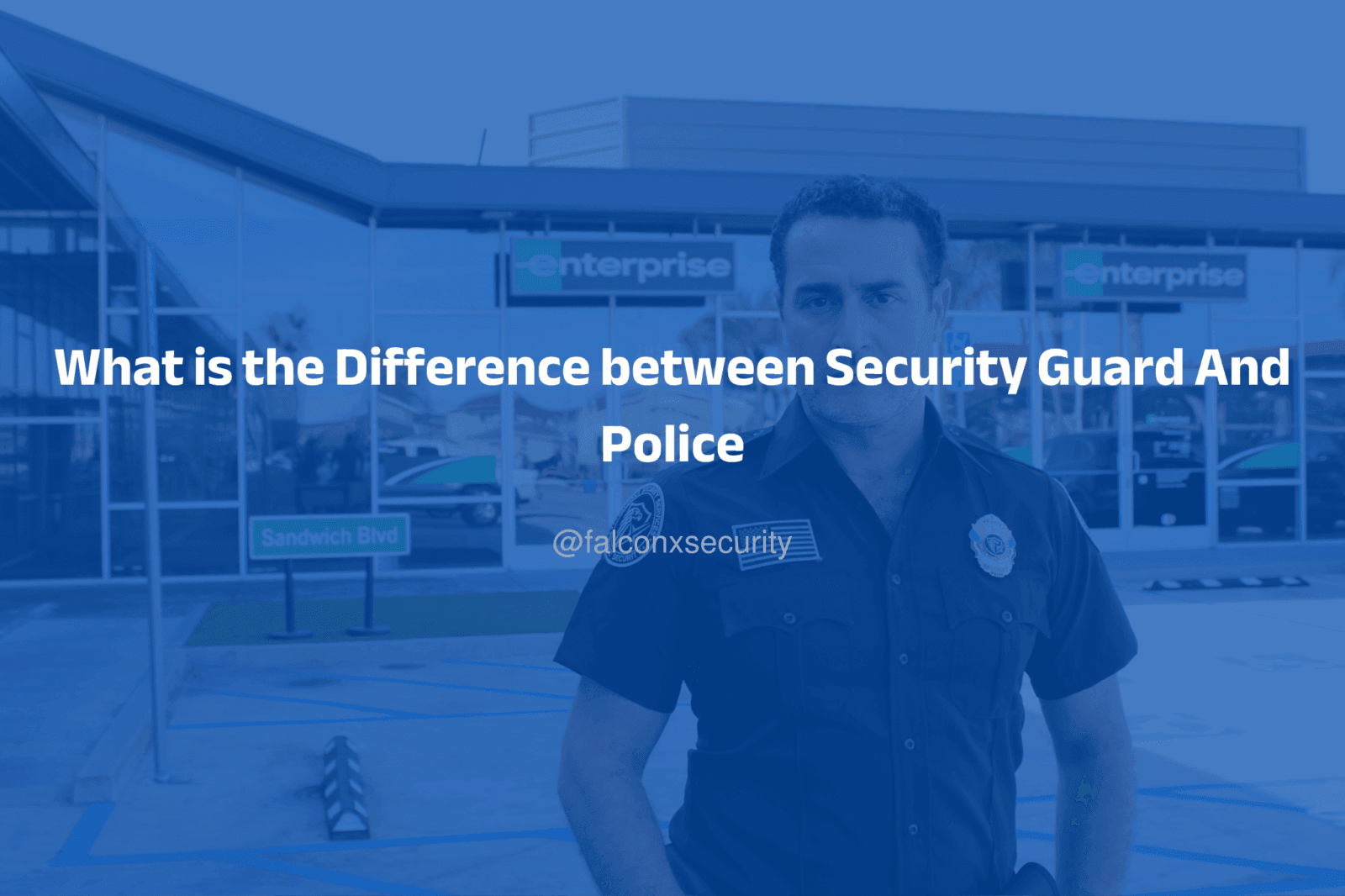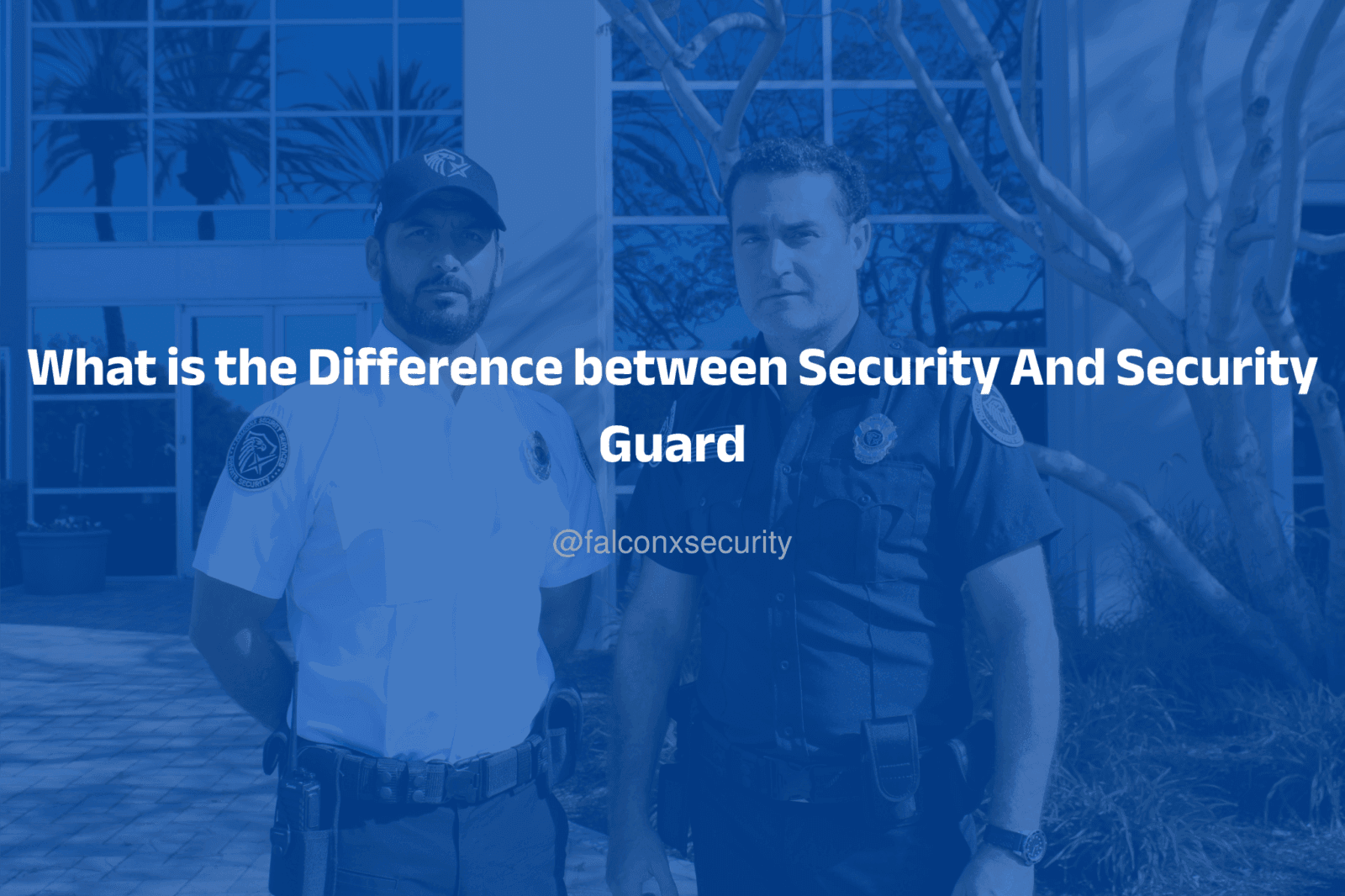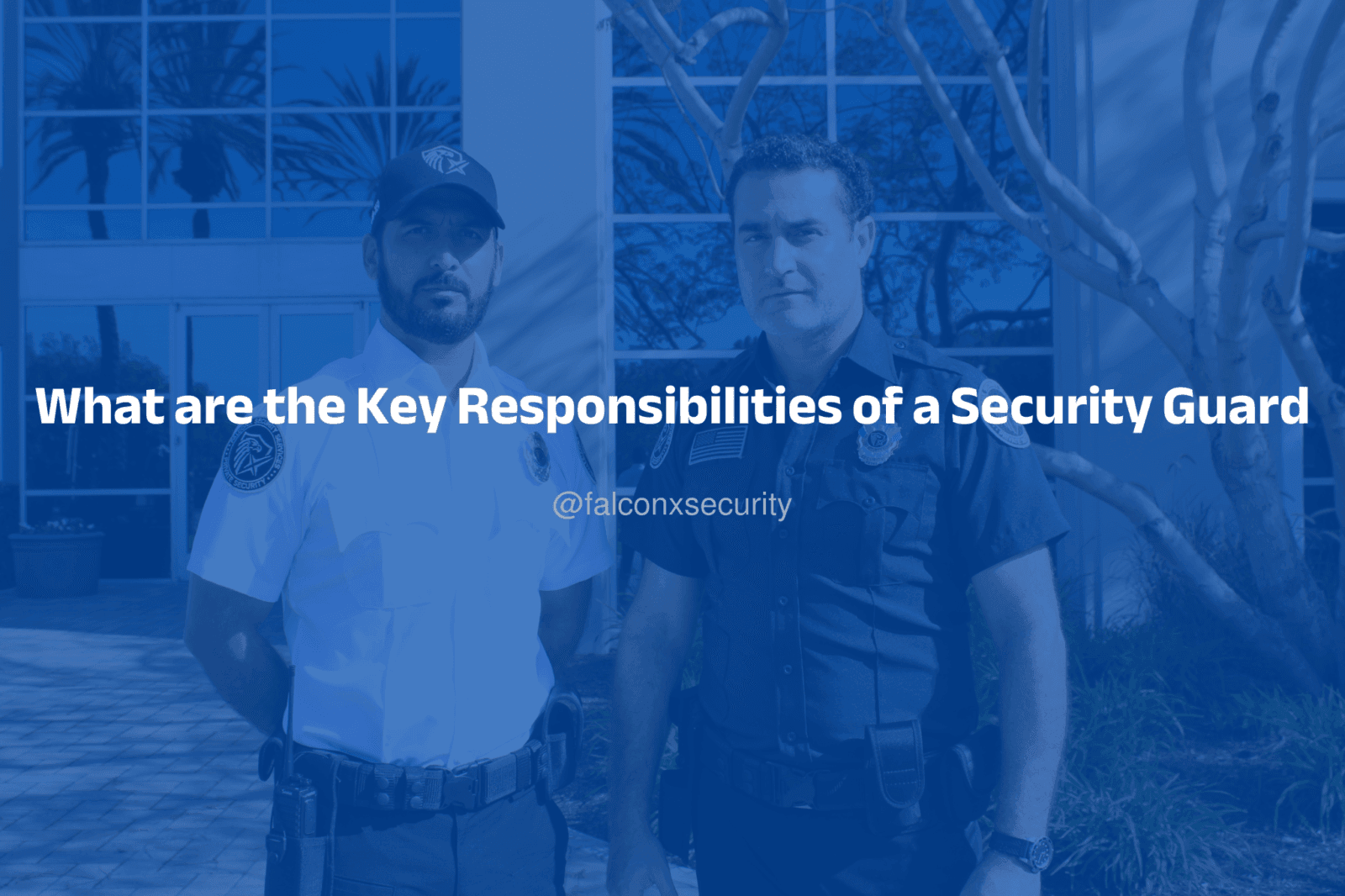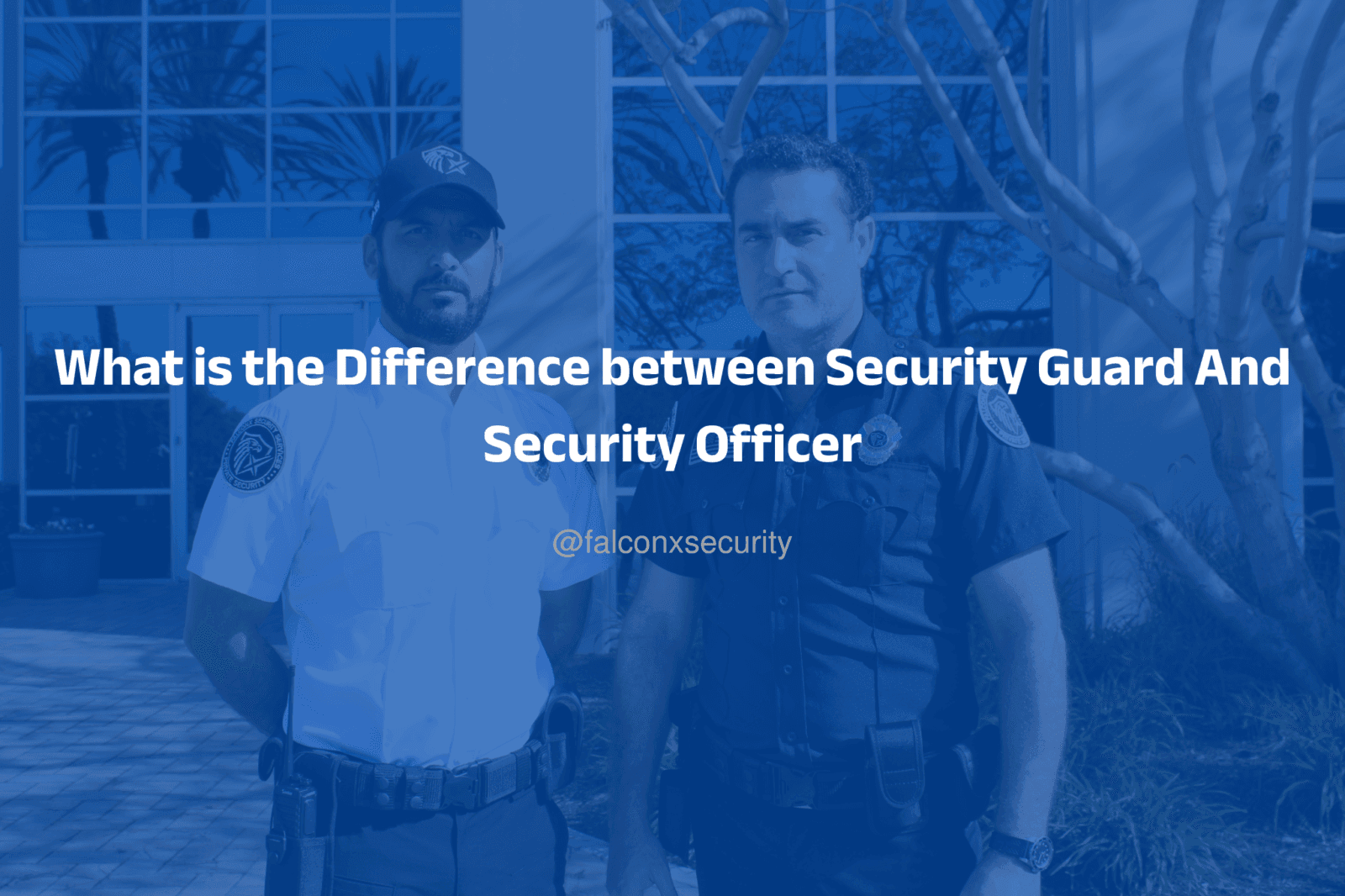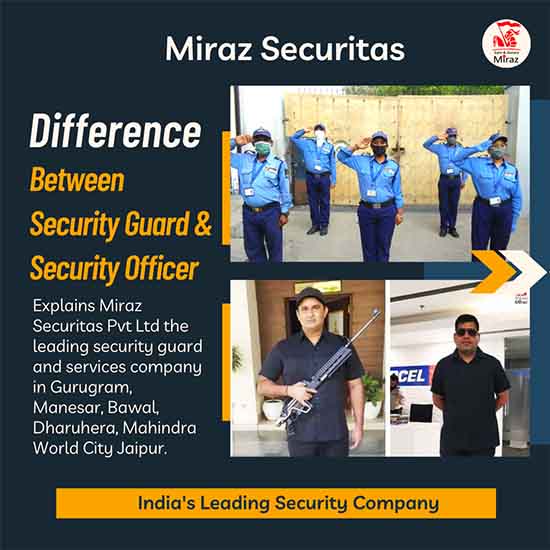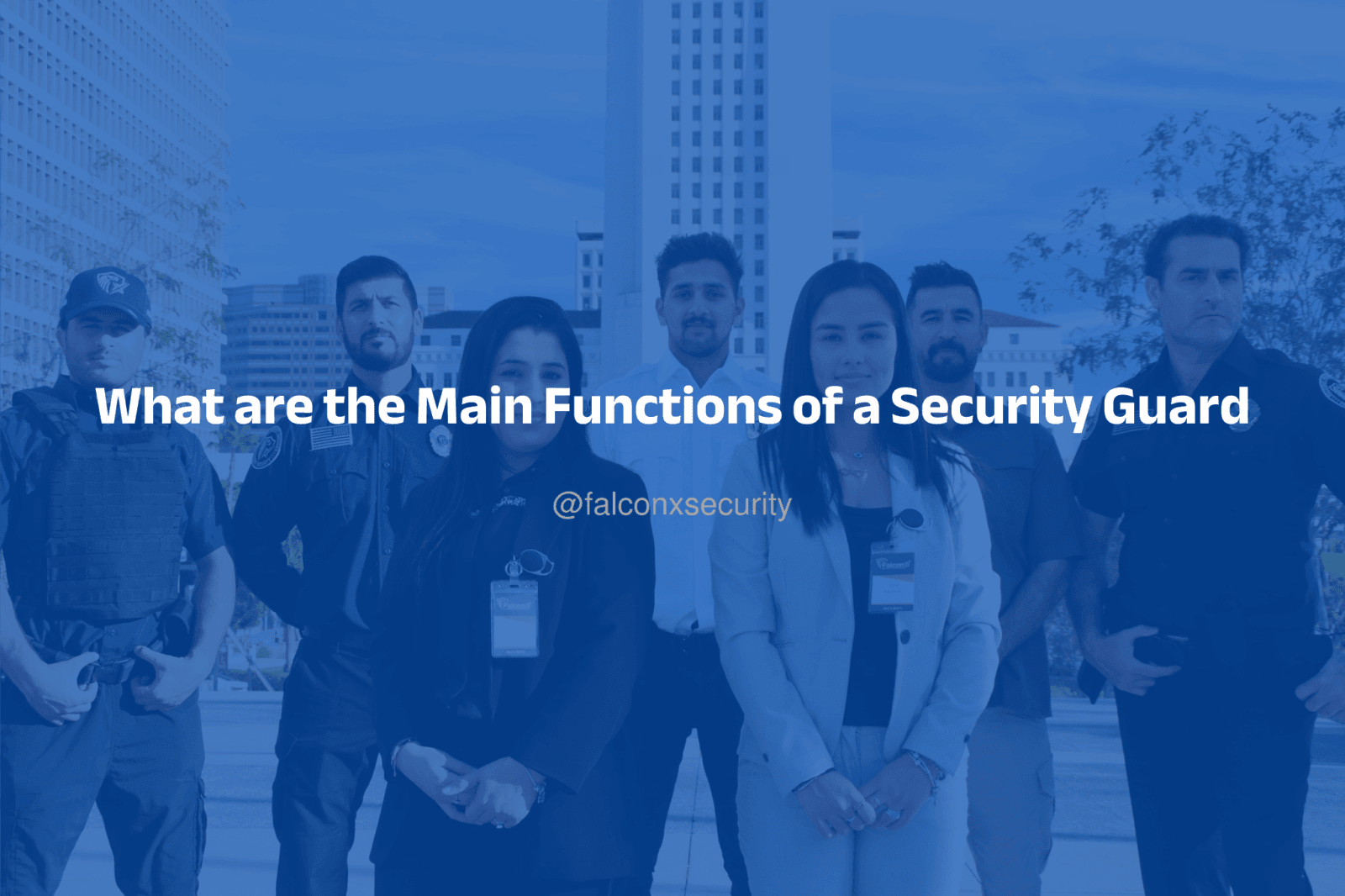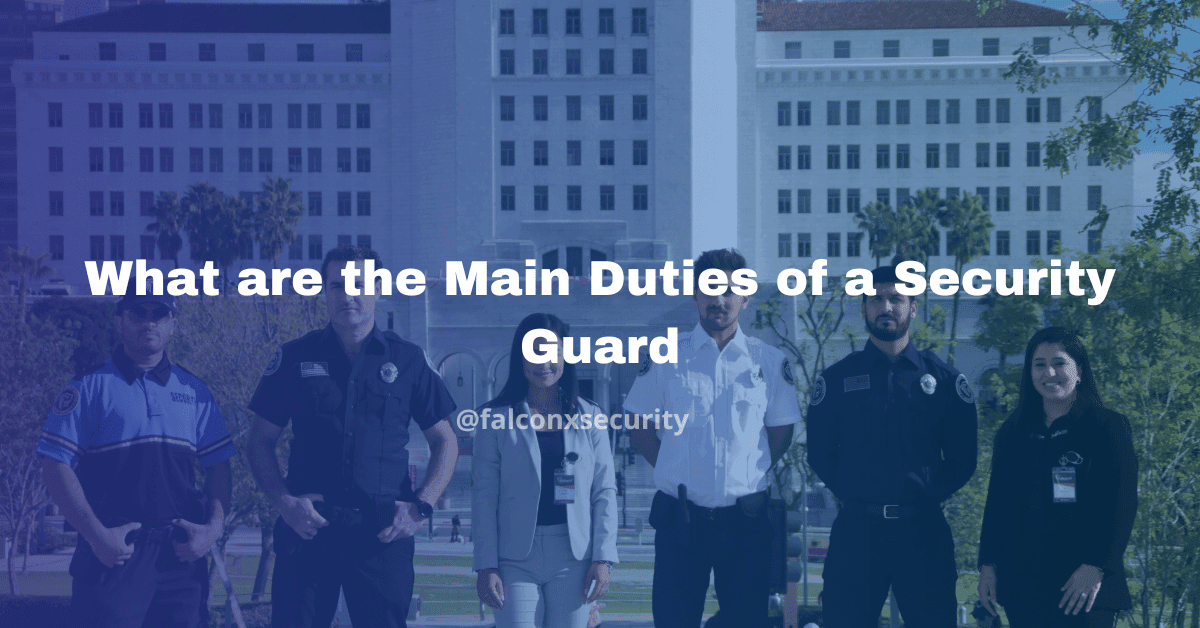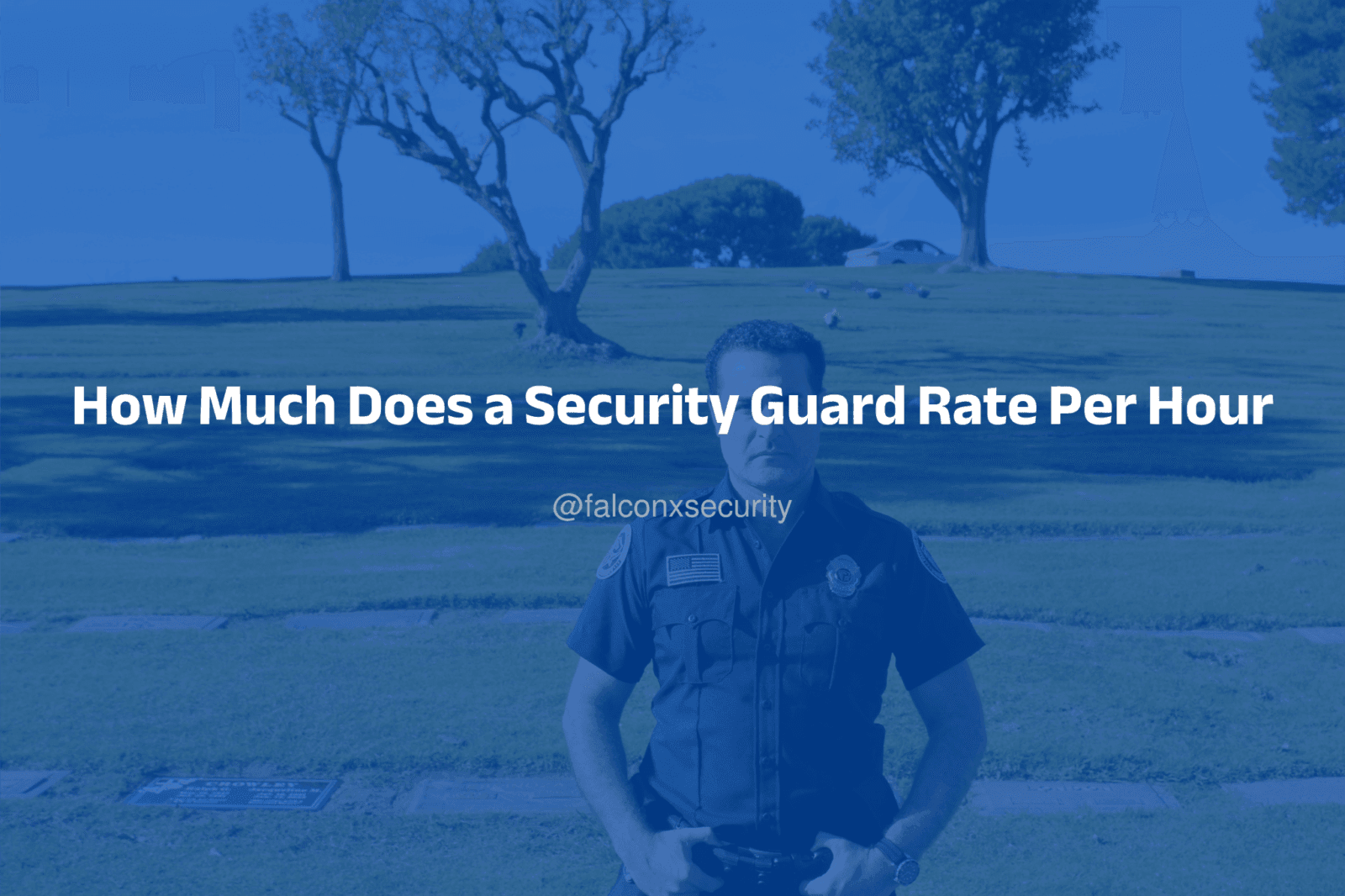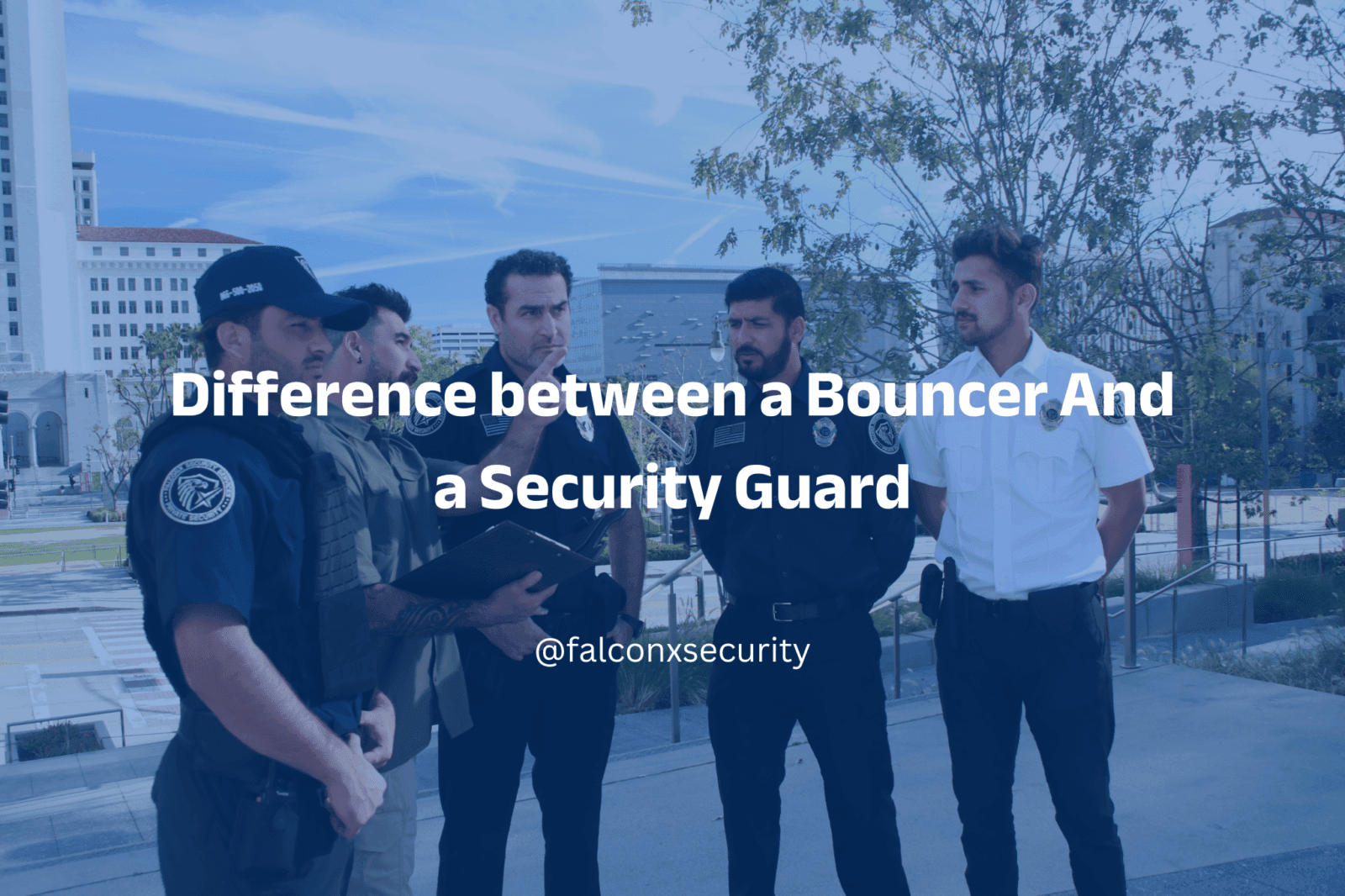The main duties of a security guard include monitoring the premises and ensuring the safety of all individuals. Security guards also respond to emergencies and enforce regulations to prevent security breaches.
Security guards play a crucial role in maintaining safety and security in various settings. From retail stores to office buildings, security guards are tasked with monitoring activities, preventing theft, and responding to incidents promptly. Their presence deters potential criminal activities and provides peace of mind to employees, customers, and visitors.
By enforcing security protocols and conducting regular patrols, security guards help create a secure environment for everyone. In addition to their primary duties, security guards also assist with access control, emergency response, and incident documentation to ensure a proactive approach to security management.
The Role Of Security Guards In Today’s Society
The Role of Security Guards in Today’s Society
In today’s society, security guards play a crucial role in maintaining safety and order in various settings. From protecting individuals to safeguarding property, these professionals are responsible for ensuring a secure environment for everyone. Let’s take a closer look at the main duties of a security guard and how they have evolved.
A Brief History
Security guards have been around for centuries, with their origins dating back to ancient civilizations. In ancient Egypt, for example, guards were stationed at temples and palaces to protect valuable treasures and maintain order. Similarly, the Roman Empire employed security personnel to safeguard public spaces and ensure the safety of its citizens.
Evolving Responsibilities
Over time, the role of security guards has evolved to adapt to the changing needs of society. While their primary duty remains to prevent and respond to security breaches, their responsibilities have expanded to encompass a wide range of tasks. These include:
- Surveillance: Security guards monitor premises using CCTV cameras and other surveillance systems to detect any suspicious activities.
- Access Control: They control access to restricted areas, checking identification and ensuring only authorized individuals are allowed entry.
- Emergency Response: Security guards are trained to handle emergencies such as fires, medical incidents, or natural disasters, taking quick action to mitigate risks and protect lives.
- Patrols: They conduct regular patrols to deter criminal activity, inspecting areas for potential security vulnerabilities and reporting any irregularities.
- Customer Service: Security guards often serve as a point of contact for visitors, providing directions, answering questions, and offering assistance when needed.
Moreover, security guards may also be responsible for enforcing rules and regulations, diffusing conflicts, and liaising with law enforcement agencies when necessary. Their presence alone can act as a deterrent, discouraging potential wrongdoers from engaging in unlawful activities.
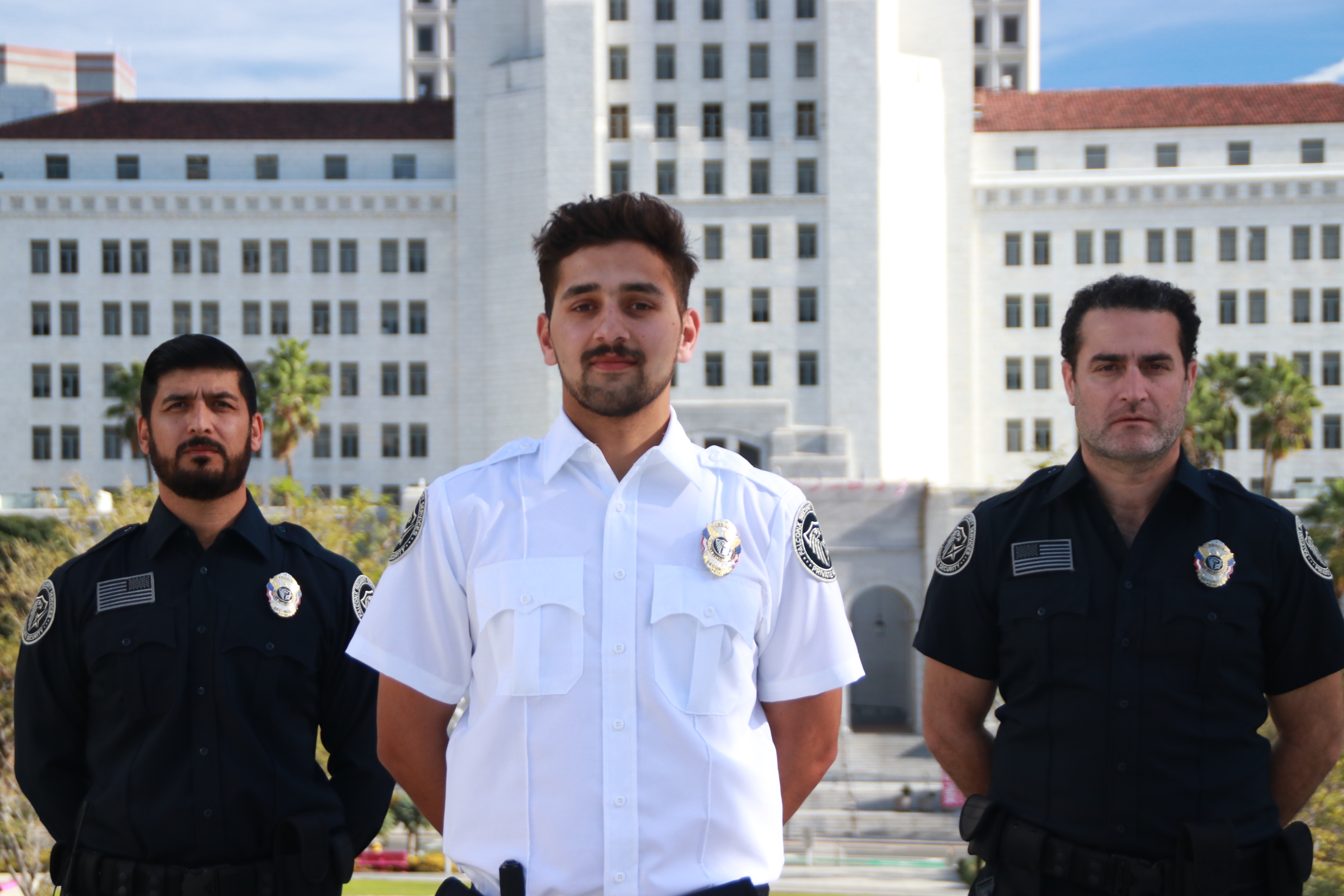
As society continues to face new security challenges, the role of security guards will likely continue to evolve. These professionals play a vital role in maintaining order, protecting lives and property, and ensuring the overall safety of individuals in various environments.
Key Responsibilities Of Security Guards
Security guards play a crucial role in maintaining safety and security in various environments. Their key responsibilities encompass a wide range of duties, including patrolling, monitoring, reporting incidents, and safeguarding the premises. Let’s delve into the specific key responsibilities of security guards to gain a better understanding of their vital role.
Patrol And Monitor
One of the primary responsibilities of security guards is to patrol designated areas to ensure the security of the premises. This involves conducting regular rounds to deter unauthorized activities and promptly respond to any security threats or breaches. Security guards are tasked with monitoring surveillance equipment, such as cameras and alarms, to maintain a vigilant presence and detect any suspicious behavior.
Report And Document Incidents
Security guards are required to report and document any security incidents or irregularities that occur during their shifts. This includes recording detailed information about intrusions, thefts, property damage, or any other security breaches. Accurate and thorough documentation is essential for ensuring a comprehensive record of events and facilitating subsequent investigations.
Ensuring Public Safety
Security guards play an essential role in maintaining safety and security in various settings, including commercial, industrial, and public spaces. One of the main duties of a security guard is to ensure public safety by preventing and responding to security threats and emergencies. In this blog post, we will focus on the subheading ‘Ensuring Public Safety’ and explore the various techniques and responsibilities that security guards have in fulfilling this duty.
Crowd Control Techniques
One of the primary responsibilities of security guards is to manage crowds in public settings such as concerts, festivals, and sporting events. Effective crowd control techniques help to maintain order, prevent chaos, and ensure public safety. Some of the crowd control techniques that security guards use include:
- Establishing a visible and authoritative presence
- Managing access points and entry and exit routes
- Directing crowds using signs, barriers, and verbal communication
- Responding quickly to any disturbances or potential threats
Emergency Response
Security guards must also be prepared to respond to emergencies such as fires, medical emergencies, and natural disasters. Their role in emergency response includes:
- Monitoring and reporting any potential hazards or dangers
- Evacuating people safely and efficiently
- Providing first aid and medical assistance
- Coordinating with emergency services such as police and fire departments
Overall, security guards play a crucial role in ensuring public safety by maintaining order, preventing security threats, and responding to emergencies effectively. By utilizing various techniques and strategies such as crowd control and emergency response, security guards provide a safe and secure environment for the public.
Protection Of Property
The protection of property is one of the main duties of a security guard. Security guards play a crucial role in ensuring the safety and security of a property, whether it is a residential building, office complex, or retail store. They are responsible for preventing vandalism and theft, as well as controlling access to the premises.
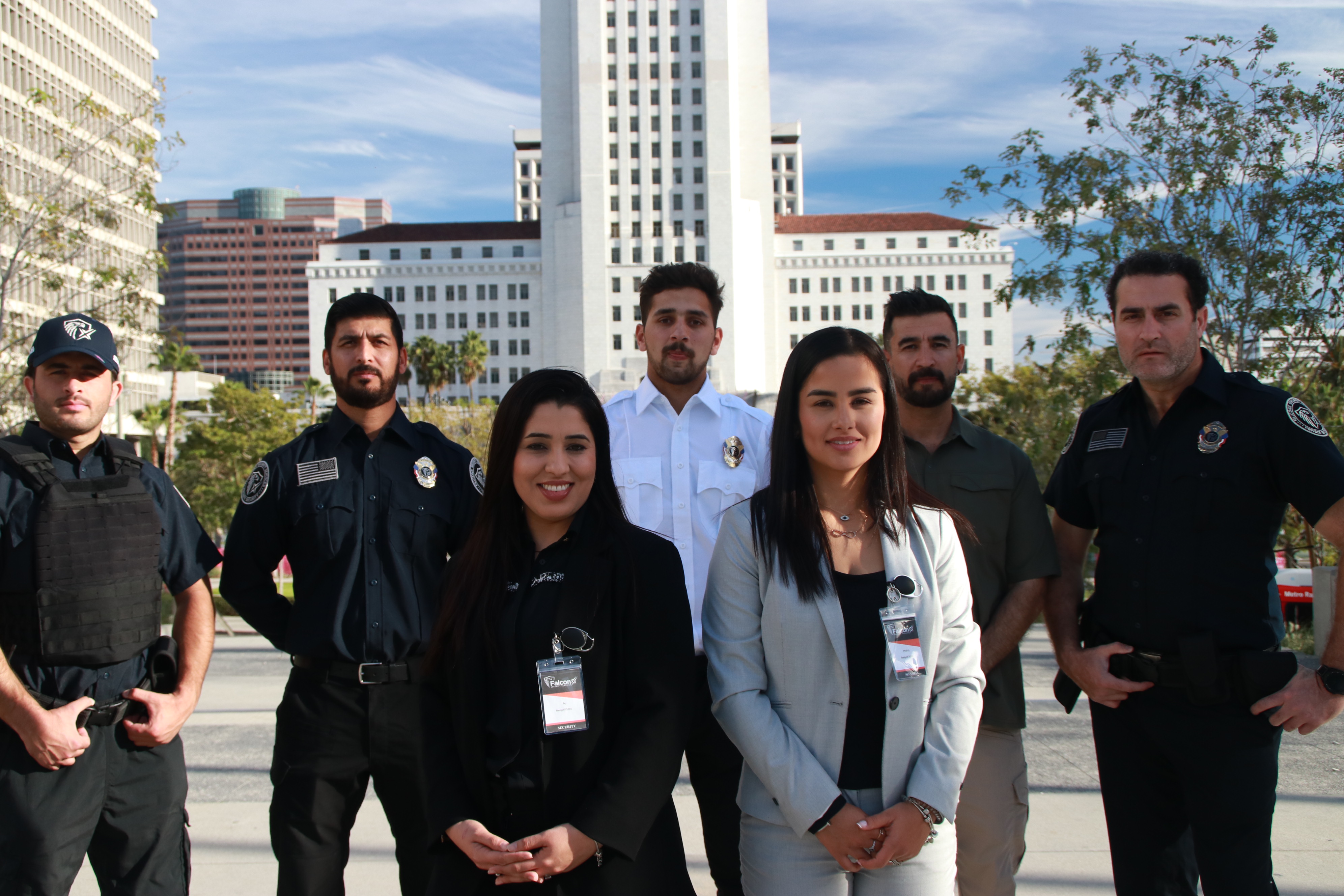
Preventing Vandalism And Theft
One of the key responsibilities of a security guard is to prevent vandalism and theft on the property they are assigned to. Vandalism can include acts such as graffiti, property damage, or destruction of assets. Theft, on the other hand, involves the unlawful taking of someone else’s property.
By being present and vigilant, security guards act as a deterrent to potential vandals and thieves. Their presence alone can discourage criminals from targeting the property, as they know they are being watched. Security guards are trained to identify suspicious behavior and take appropriate action to prevent any illegal activity from occurring.
In addition to deterring criminals, security guards are also responsible for promptly reporting any suspicious activity or incidents they observe. They maintain a constant watch over the property, ensuring that any unusual behavior or potential security risks are promptly addressed.
Access Control
Another important duty of a security guard is to control access to the property. This involves monitoring and regulating the entry and exit of individuals, vehicles, and goods. By implementing access control measures, security guards help maintain the integrity and safety of the property.
Access control can include tasks such as verifying the identification of individuals, checking credentials, and ensuring that only authorized personnel are granted entry. Security guards may also be responsible for operating security systems, such as surveillance cameras, alarm systems, and electronic access control systems.
By effectively managing access control, security guards contribute to the overall security of the property and its occupants. They help create a safe environment by preventing unauthorized individuals from entering and potentially causing harm or engaging in illegal activities.
In conclusion, the protection of property is a crucial responsibility of security guards. Through their efforts in preventing vandalism and theft, as well as their role in access control, security guards play a vital role in maintaining the safety and security of a property.
Security Technology And Tools
When it comes to the duties of a security guard, understanding and utilizing security technology and tools play a crucial role in ensuring safety and protection. Security guards rely on various surveillance equipment and communication devices to effectively carry out their responsibilities.
Surveillance Equipment
Surveillance equipment is essential for security guards to monitor and track activities within a designated area. Common surveillance tools include:
- CCTV cameras for real-time video monitoring
- Motion sensors to detect movement in restricted areas
- Infrared cameras for low-light or nighttime surveillance
Communication Devices
Communication devices enable security guards to stay connected and coordinate with their team efficiently. Some essential communication tools include:
- Two-way radios for instant communication
- Mobile phones for quick access to emergency contacts
- Walkie-talkies for clear and direct communication on-site
Skills And Qualities Of An Effective Security Guard
An effective security guard should possess various skills and qualities to carry out their primary duties, which include maintaining order, preventing and responding to security threats, and protecting people and property. These skills and qualities include good communication skills, attention to detail, physical fitness, critical thinking, and a strong sense of responsibility and professionalism.
As a security guard, you are responsible for the safety and security of people, property, and assets. You are the first line of defense against potential threats and must be prepared to take action at a moment’s notice. To be an effective security guard, you need to possess a range of skills and qualities that enable you to carry out your duties with confidence and professionalism.
Physical Fitness
One of the most important skills for a security guard is physical fitness. You must be able to stand and walk for long periods, climb stairs, and lift heavy objects if necessary. You also need to be in good health and free from any medical conditions that could impair your ability to perform your duties.
Observation And Reporting Skills
Observation and reporting skills are critical for a security guard. You must be able to pay attention to detail, spot potential threats, and report any suspicious activity to your supervisor or the appropriate authorities. You should also be able to write clear, concise reports that provide accurate information about incidents that occur on your watch.
Communication Skills
Effective communication is essential for a security guard. You must be able to communicate clearly and confidently with members of the public, your colleagues, and your supervisor. You should also be able to listen actively and respond appropriately to requests or instructions.
Interpersonal Skills
Interpersonal skills are also important for a security guard. You must be able to interact with people from all walks of life, including those who may be difficult or confrontational. You should be able to remain calm and professional in all situations and demonstrate empathy and understanding when dealing with sensitive issues.
Integrity And Honesty
As a security guard, you are entrusted with the safety and security of people, property, and assets. You must be honest, trustworthy, and have high ethical standards. You should always act with integrity and demonstrate a commitment to upholding the law and protecting the rights of others. In conclusion, being a security guard is a challenging but rewarding job. To be effective in this role, you need to possess a range of skills and qualities that enable you to carry out your duties with confidence and professionalism. By developing your physical fitness, observation and reporting skills, communication skills, interpersonal skills, and integrity and honesty, you can become a valuable member of any security team.
Legal And Ethical Considerations
Legal and ethical considerations are paramount for security guards as they carry out their duties. Understanding local laws and maintaining professionalism are crucial aspects that security guards must adhere to to ensure the safety and security of the premises they are responsible for.
Understanding Local Laws
Security guards must have a comprehensive understanding of the local laws and regulations that govern their jurisdiction. This includes knowledge of trespassing laws, use of force regulations, and the legal rights of individuals on the premises. Adhering to these laws not only ensures the security guard operates within legal boundaries but also helps prevent potential legal disputes and liabilities.
Maintaining Professionalism
Professionalism is a cornerstone of a security guard’s responsibilities. This involves conducting oneself with integrity, respect, and ethical behavior at all times. Maintaining professional conduct not only enhances the security guard’s credibility but also contributes to a safe and secure environment for the individuals on the premises.
Career Pathways And Advancement
When considering a career as a security guard, it’s essential to understand the various pathways and opportunities for advancement within the field. Security guards play a crucial role in maintaining safety and security in various settings, and there are several avenues for professional growth and development in this career.
Training And Certification
One of the initial steps towards advancing in a security guard career is obtaining the necessary training and certification. Security guard training programs typically cover essential topics such as emergency procedures, report writing, and legal aspects of security work. Additionally, obtaining relevant certifications, such as first aid and CPR training, can enhance a security guard’s skillset and increase opportunities for advancement.
Opportunities For Progression
As security guards gain experience and demonstrate their abilities, various opportunities for progression become available. Advancement may include taking on supervisory roles, such as becoming a security team leader or a shift supervisor. Some security guards may also pursue specialized training to work in areas such as event security, executive protection, or loss prevention, opening doors to higher-paying and more specialized positions within the security industry.

Frequently Asked Questions
What Is The Main Duty Of A Security Guard?
A security guard’s main duty is to protect people and property, maintain a safe environment, and enforce rules.
Which Of The Following Are Basic Security Guard Duties?
Basic security guard duties include patrolling premises, monitoring surveillance systems, responding to alarms, enforcing rules and regulations, and maintaining a safe environment.
What Are The 3 Core Functions Of A Security Guard?
The three core functions of a security guard are to deter crime, observe and report any suspicious activities, and ensure the safety of people and property within their assigned area.
What Is The Basic Knowledge Of A Security Guard?
A security guard should know about surveillance, access control, and emergency response. Understanding security protocols and communication skills are essential. Additionally, a guard should be able to remain calm under pressure and follow company policies.
Conclusion
The main duties of a security guard are to protect people and property, monitor surveillance equipment, and enforce rules and regulations. A security guard’s role is essential in maintaining safety and security in various settings, such as retail stores, office buildings, and events.
By fulfilling these responsibilities, security guards play a crucial role in preventing potential threats and ensuring a secure environment for everyone.
